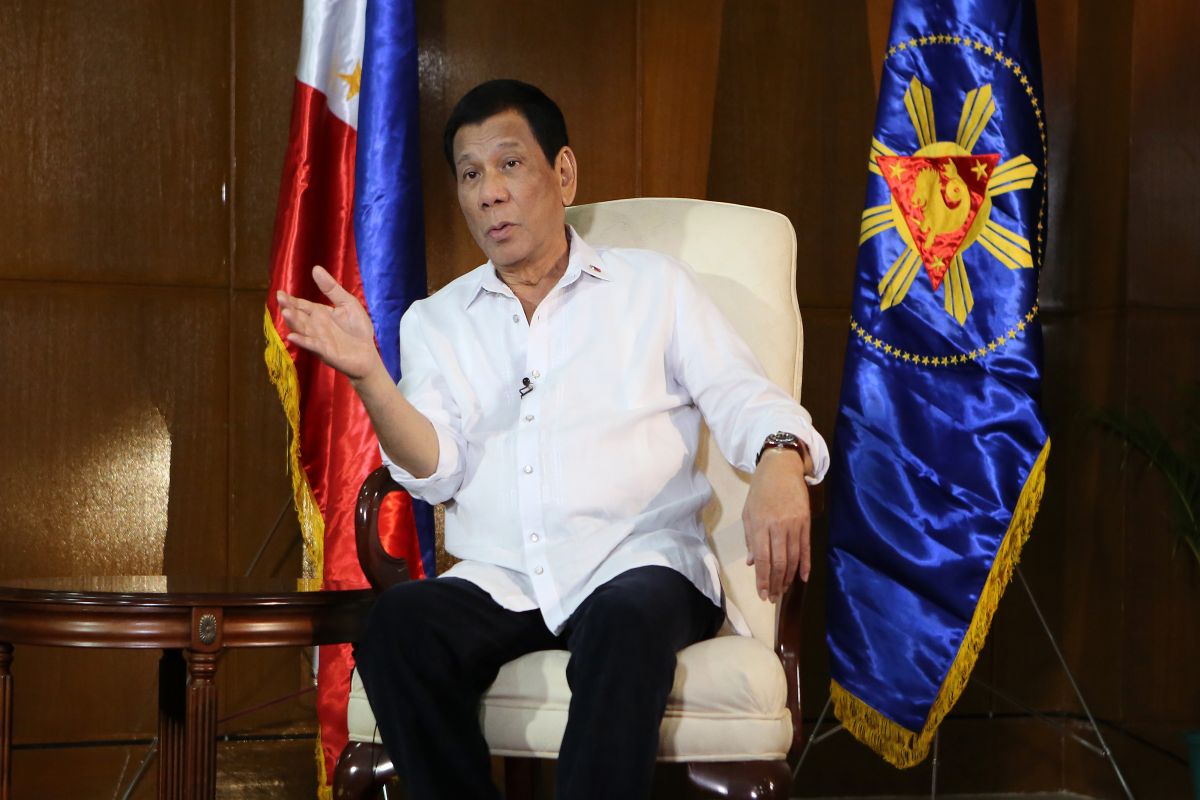Washington and its friends around the world will be pleased at the return to the American fold of Philippine President Rodrigo Duterte, who in the years after his election in 2016 was believed to have cosied up to Beijing to the extent of not having pressed an arbitration ruling that held China’s expansion in the South China Sea to be in breach of international law. Mr Duterte who had assumed office soon after the ruling was delivered had desisted from pressing it, while enhancing ties with China and distancing his country from the United States, a traditional ally with which it had in 1951 signed a mutual defence treaty.
Now this has changed, and while the first indications were available from recent statements of the Philippine Foreign Secretary Teodoro “Teddy Boy” Locsin, they were confirmed by the forceful presentation that Mr Duterte made in the United Nations General Assembly.
Advertisement
Speaking to the global body this week, Mr Duterte asserted that the ruling of the tribunal “is now part of international law, beyond compromise and beyond the reach of passing governments to dilute, diminish or abandon”. As China would have squirmed in discomfiture, Mr Duterte went on to say, “we welcome the increasing number of states that have come out in support of the award and what it stands for ~ the triumph of reason over rashness, of law over disorder, of amity over ambition.”
But it isn’t strong words alone that the Philippines has used. In June, it suspended a decision to end a 22-year-old agreement that facilitated joint military exercises with the US. This week, it asked the US and other nations to help maintain security in the South China Sea, echoing a position taken by Vietnam and even as China called the US the “biggest driver of militarisation” in the area.
While many nations have supported the award of the Permanent Court of Arbitration, now cited by Mr Duterte and consistently ignored by China, one country with significant stakes in Asia has carefully straddled the fence. In the four years since the award was announced, India has scarcely said a word either in support of the Philippines or of the rule of international law. While neutrality might hitherto have been a carefully considered position, many strategic thinkers believe the costs of silence are rising by the day.
If China succeeds in projecting itself in the South China Sea, to the extent of perching itself above international law, it will next seek to dominate the Indian Ocean Rim. Like the mandarins of South Block, President Duterte too had once assumed it was safer not to needle the dragon. He seems to have learnt his lesson; will New Delhi, especially after serial provocations in Ladakh?
